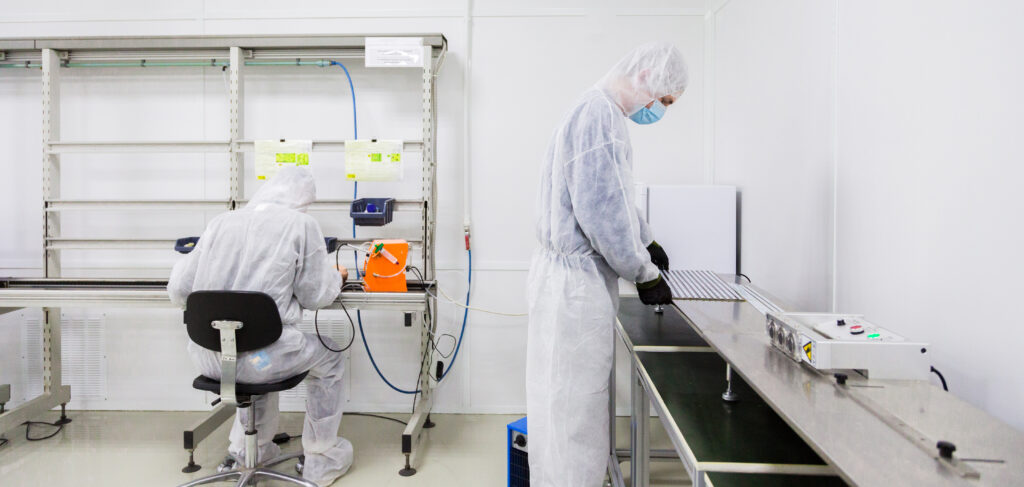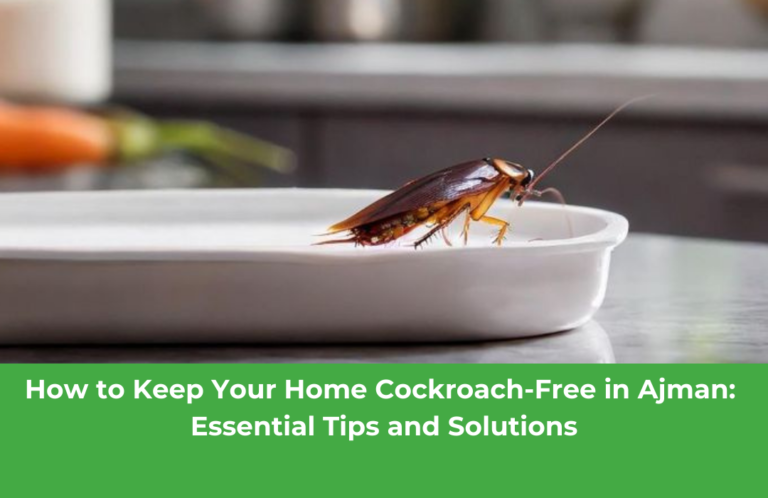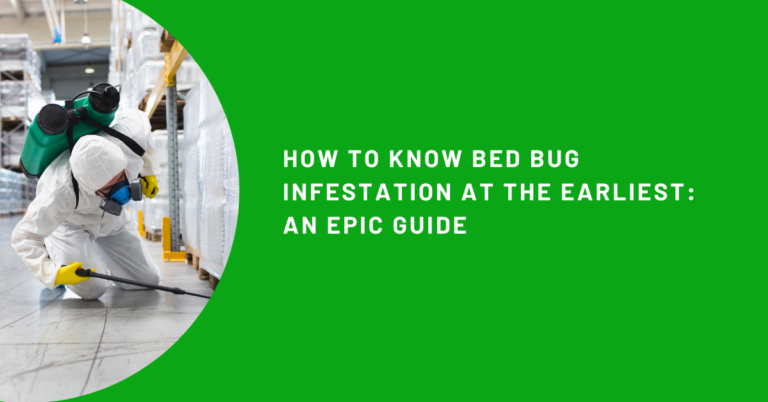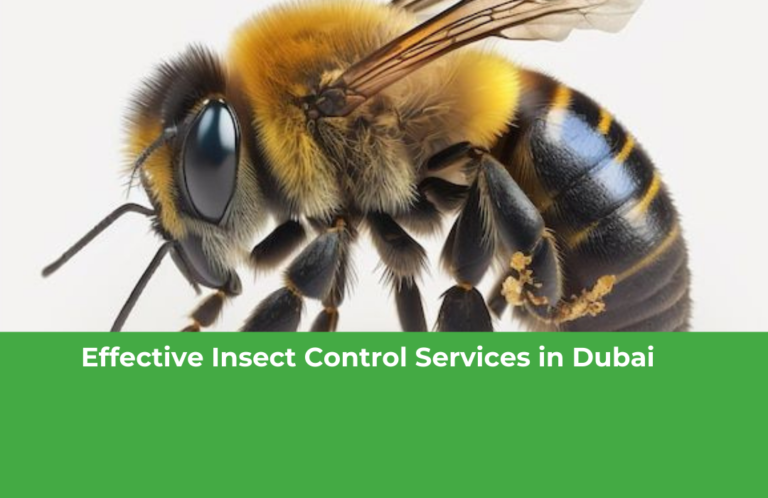What happens when pests take over the food processing and handling facilities?
In addition to great customer service and delicious food, being able to eat without fear of illness is also essential to a good dining experience. Food safety and sanitation are of the utmost importance in the foodservice industry too. We know that restaurants and food processing plants have large amounts of food stored on their…
In addition to great customer service and delicious food, being able to eat without fear of illness is also essential to a good dining experience. Food safety and sanitation are of the utmost importance in the foodservice industry too.
We know that restaurants and food processing plants have large amounts of food stored on their premises. As a result, they are at greater risk of pest control issues.
Commercial pest control services are usually functioning to keep unwanted critters out of eating establishments, and for good reason. So, never ignore the importance of pest control in food industry.

Food-spoiling pests: A Glance
Almost all types of pests have the potential to damage food and eatables. But some common creatures can wreak havoc in a dining establishment or food processing plant. Let’s see what those are:
- Rodents are one of the biggest nuisances in the food industry. A rodent infestation is more dangerous than you think. The main hobbies of rats and mice are chewing on wires and food packaging and leaving droppings throughout the building. If you hear any gnawing noises, it is a sign of a rodent infestation.
- Cockroaches are another disgusting pest that causes trouble for diners. Roaches are universally hated pests and are disease carriers. Cockroach legs are sticky, so they pick up germs and debris while traveling through unclean places.
The risk of contamination rises as a result of them being able to spread to workstations, food, and equipment used in food processing.
- Moths are also associated with food contamination. It is a common sight to see some moth wings in untidy food processing industries.
- Ants are also capable of invading and contaminating any source, effectively destroying it. Do not underestimate its tiny size.
- Spiders are uninvited guests that mainly induce fear and disgust among us. But they also cause infestations in food plants. If you come across any webs, egg sacs, or excess flying insects, believe that it is a sign of a spider infestation.
How to block a pest’s entry?
- To keep the food industry pest-free, exclusion and sanitation are the two most effective preventive measures.
- Always follow the correct garbage disposal
- Block all potential pest entry points, such as cracks and crevices, in areas around the pipes, loading docks, foundations, etc.
- Perform regular inspections of pest-prone areas.
- Spreading rock or gravel powder around the premises will discourage the growth of vegetation, which could harbor pests.
How effective is Integrated Pest Management (IPM)?
IPM is a sustainable and science-based approach that aims to keep pests out of your food facility rather than focusing on eliminating them once they are inside.
The 4-Step Approach to IPM
- Set an action threshold
- Inspection and identification of pests
- Prevention and Control of Pests
- Monitoring and documentation
Why is it important to perform regular inspections and monitoring?
The primary step towards protecting your facility is a detailed inspection. Look in the obvious places where the food is—either raw or packaged. For example, employees clean break rooms, receiving docks, areas prone to spills, etc.
The entry and exit points, harborage areas (such as cardboard boxes, closets, or any other locations known to be pests’ hiding or breeding grounds), as well as food and water sources, should also be checked in addition to these locations.
Carry out a weekly inspection. But if your facility is known for pest infestations, it is advisable to increase the frequency and intensity of inspections.
How does Pestokill help the food facility?
Pestokill is known for its modern and fast pest-killing mechanism. Also, this agency always ensures that its customers will get the professional, reliable, and affordable pest control and cleaning solutions.
Seek the service of a professional pest control agency like this to get immediate relief from pests. As Pestokill provides municipality-approved pest treatment in food processing plants, pests cannot survive there.
Choose the best if you aim to be a pest!







